By Christina Boufis
Approximately half of all Dugoni School of Dentistry graduates apply to postdoctoral programs each year, and more than 90% are accepted, according to statistics kept by Dr. Eddie Hayashida, associate dean for administration. Just slightly less than 50% immediately enter private practice, and a handful go into the military. Several graduates from the past 10 years spoke about where they landed after the Dugoni School and how the dental school prepared them for what they’re doing now.
Returning to his Roots
Lebanon, OR
Though owning his own practice was always a dream, Kirkpatrick says he was open to other options after graduation. But when the opportunity came up, his brother and father, also dentists, convinced him he could do it, and he went for it. Why Oregon? “This is where my wife and I are from, and we knew we wanted to be near family,” he explains.
Kirkpatrick’s practice and family are thriving. “I can’t think of a single better life for myself,” he says. “I have an excellent schedule. I can spend a lot of time with my kids and my wife. For the right person, buying a practice is absolutely the dream.”
[pullquote]The number one thing the school did to prepare me was treating me as a valuable person. The humanistic model is absolutely amazing.[/pullquote]
Kirkpatrick credits both the technical skills and the culture at the dental school that allowed him to step immediately into private practice. “The school does a great job of preparing us clinically, so by the time we graduate we know enough to hit the job running,” he explains. “But the number one thing the school did to prepare me was treating me as a valuable person. The humanistic model is absolutely amazing,” Kirkpatrick adds. “It develops people to be confident and feel good about what they’re doing. And that in turn helped give me the confidence and skills I needed to succeed.”
Service to her Country & School
When Dr. Jessie Vallee (Stachowiak) ’04 graduated from college in 2001, she decided to participate in a U.S. Navy Health Professions scholarship program. Vallee has a history of military service in her family (two grandfathers both served in Korea), and it seemed like a good idea to be able to pay for dental school and see the world at the same time, she explains. But things changed. “The September 11th attacks happened during my first year of dental school, and I knew after that point, my life was going to be a little different than I envisioned,” says Vallee.
After graduation, Vallee went to San Diego for an AEGD residency program where she rotated through the different specialties of dentistry and gained more confidence and skill. Then she was sent to a battalion of Seabees, the U.S. Navy’s construction unit, and then was deployed: first to Fallujah, Iraq, for four months and then to Kuwait.
What was it like to be in a war zone? “It was a lot of different things,” says Vallee. “I’m definitely a stronger individual after having experienced it.”
As the only woman officer in her battalion, “it was lonely at times,” says Vallee. But she made friends with the dentist in the surgical unit at Fallujah, got a chair and helped out. “I treated some of the Iraqi security force, and they were always really gracious and grateful and that was rewarding,” says Vallee.
And her battalion had a pretty rewarding mission itself, she adds. “My troops built the first polling site for the very first Iraqi election in 2005.”
[pullquote]It’s the humanism and the culture the Dugoni School of Dentistry promotes that really prepared me for thriving in a collaborative atmosphere.[/pullquote]
After three years of active duty in the military, Vallee went into private practice and began teaching one day a week at her alma mater, the Dugoni School of Dentistry. “I enjoyed patient interaction, but teaching that one day was the highlight of my week,” she explains. Her time in the military had changed her. “It really taught me a feeling of camaraderie and connection to my peers and to work towards something bigger than yourself.”
Teaching filled this need. “It’s kind of cliché when teachers talk about that ‘aha moment’ with a student when the light bulb goes on” says Vallee. “But it really is true; you live for those moments.” Vallee completed an ADEA/AAL Dental Educators Program and is currently an associate professor in the Department of Integrated Reconstructive Dental Sciences and director of preclinical education.
In addition to her interaction with students, Vallee says she enjoys the camaraderie and collegiality of other faculty members. “It’s the humanism and the culture the Dugoni School of Dentistry promotes that really prepared me for thriving in a collaborative atmosphere,” she explains. The culture here is not every person for him or herself. Everyone works together for everybody’s well-being, and that’s always been the case.”
Small Town America
Scoby, MT
The town of Scobey, Montana, population 1,000, is “a small farm town, way out in the middle of nowhere,” says Dr. Jesse Cole ’06. And that’s just fine with Cole who grew up in Kansas and prefers small towns, “the smaller the better,” he adds.
How did he end up in Scobey? “Straight out of school, I bought into a practice with another dentist in Idaho with the understanding that after a few years, he would sell me the rest of the practice,” explains Cole. But that didn’t happen. The recession hit, the other dentist didn’t retire, and since he had agreed not to open another practice in the area, Cole needed to find a practice elsewhere.
[pullquote]Pacific Dugoni trains you well to communicate, to know your diagnostic skills and to be able to present well to people so they clearly understand what their choices are and why.[/pullquote]
When a dental practice agent found an opportunity in Scobey, Cole went to check it out. He’d been to Montana several times to visit family while growing up. The previous dentist had retired and couldn’t find anyone to buy his practice, so he had closed his doors. “I came, looked over his books and saw it was actually a fantastic practice, and bought it from him,” says Dr. Cole. Four years later he and his family couldn’t be happier.
“We love it. It’s classic, small-town America,” says Cole. “My children walk to school and to the park. They walk everywhere all over town, anytime day or night without fear. We leave our keys in the car at all times. We never lock the doors of our house at any time. The best way to describe it is like going back in time 20 or 30 years.”
And while the dental school prepared him very well technically and diagnostically to run his own practice, Cole says he also received excellent training in the “soft skills of patient communication” crucial to his success. “Pacific Dugoni trains you well to communicate, to know your diagnostic skills and to be able to present well to people so they clearly understand what their choices are and why. I think that’s key.”
A Passion to Serve
Charlottesville, VA
After graduation, Dr. Heather Ballentine ’10 went to New York’s Jacobi Medical Center to complete a two-year training program in anesthesia. “It’s not a recognized specialty,” she adds. But it is one where she saw a tremendous need.
During her training, Ballentine worked in dental clinics with adults and children with special needs. Then she moved to the Charlottesville area of Virginia, where she’s one of five dental anesthesiologists in the state.
“In Virginia, there are a lot of children who don’t have access to care,” explains Ballentine. “The patient waiting list for the hospital, in some of the areas we travel to, is a year and a half long. In other areas, the dentists are not able to get hospital privileges. So for many of these children there aren’t many options—waiting until they have an abscess or an emergency, and then they have a traumatic experience.” Most of those families do not have dental insurance so there is such a great need to serve these low-income children. Ballentine and a partner are in the process of establishing a non-profit organization to address this need.
[pullquote]I think Dugoni School of Dentistry really helped to create independent thinkers.[/pullquote]
And she credits her experience at the Dugoni School of Dentistry with helping her on this path. “Dental school provided a lot of opportunities to serve the needs of the community,” explains Ballentine. “I was active in the Project Homeless Connect program, and received one of the community service awards at graduation. I felt that there was a great opportunity to see the needs in the community, make a plan and be able to address those needs”—exactly what her non-profit is all about. “And, I think Dugoni School of Dentistry really helped to create independent thinkers,” Ballentine adds.
As for the children who need her expertise, she’s booking months in advance. Now these families have an option, and they’re grateful. “It’s definitely been a positive influence for the families,” says Ballentine. “The children have had much better experiences. And, if some waited a few days longer without treatment, the children would have ended up in the hospital,” explains Ballentine.
“I’m happy to be doing it,” she says of her work. “And, I feel lucky I have the skills that enable me to treat these children.”
Taking on Texas
Dallas, TX
Though it was difficult to leave the Bay Area, Dr. Akhil Reddy ’08 moved back to his home state of Texas after graduation. After associating for one year in a private practice, Reddy began opening up other practices with other dentists in the area. Today, he is one of the founders of a large, centralized management company that has about 50 dental practices and about 110 participating dentists in Texas, Louisiana, Oklahoma, New Mexico and even Alaska.
How did he go so quickly from being an associate dentist to helping run a large dental management company? “I was always really interested in the business side of dentistry,” explains Reddy. “Though, I never thought I would go this far into it.” But as a University of Pacific undergraduate student, his favorite classes were in economics. And business ventures and learning new things was always his passion. “I was trading stocks in high school,” he adds.
[pullquote]I tell everyone that Pacific Dugoni is the best dental school in the world.[/pullquote]
When he first started out, Reddy estimates he spent nearly 100% of his time practicing, with very little time spent on the business side. Now it’s nearly reversed. “About 90% of my time is the business and management side, and about 10% to 20% is practicing,” he says.
But Reddy also helps train other dentists how to manage aspects of their practices and their associating dentists, “and I have a lot of oversight clinically in how things are done and making sure patients are happy,” he explains.
His oversight has enabled him to see many dentists who’ve graduated from other schools. “I tell everyone that Pacific Dugoni is the best dental school in the world,” says Reddy. “I’ve seen the differences between dental schools in the clinicians’ work. There are some great dental schools, but Dugoni School of Dentistry is by far the strongest clinically, in my opinion,” he adds.
Reddy plans to return to the Bay Area to start another business venture with a classmate, though he’ll return frequently to Dallas to help with the management company.
Christina Boufis, PhD, is a freelance health and medical writer from the East Bay.
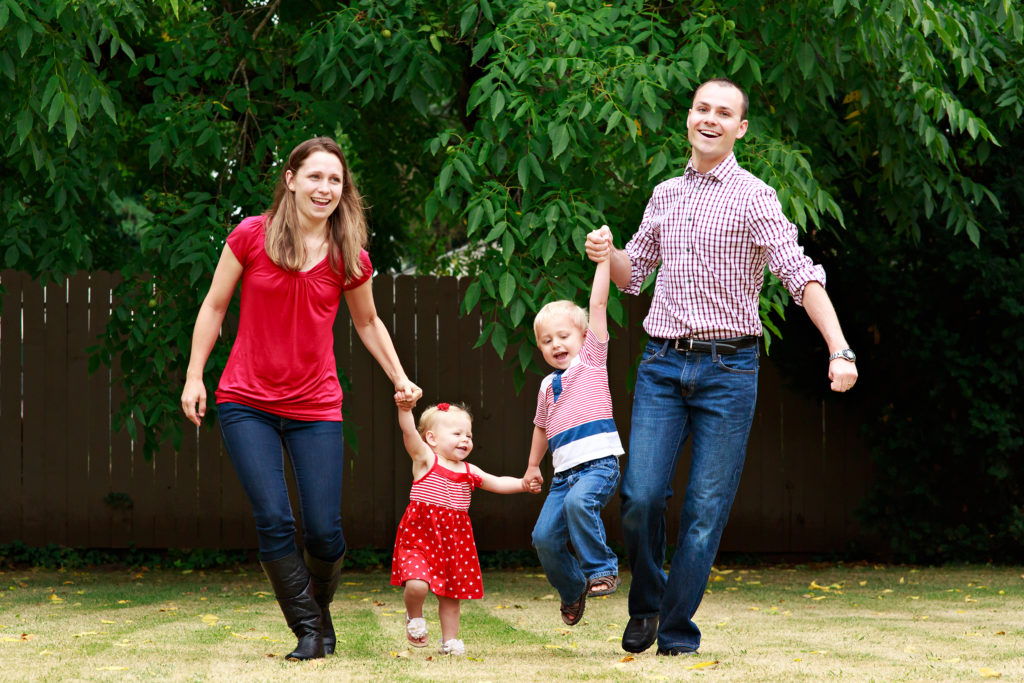
Dr. Adam Kirkpatrick ’10 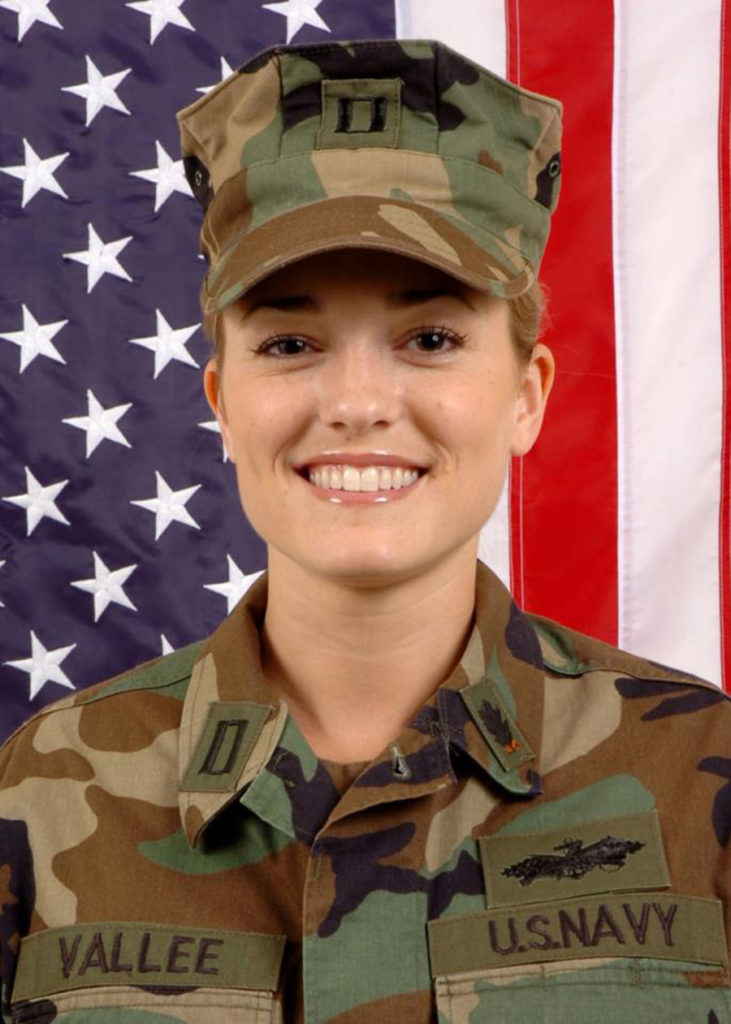
Dr. Jessie Vallee (Stachowiak) ’04 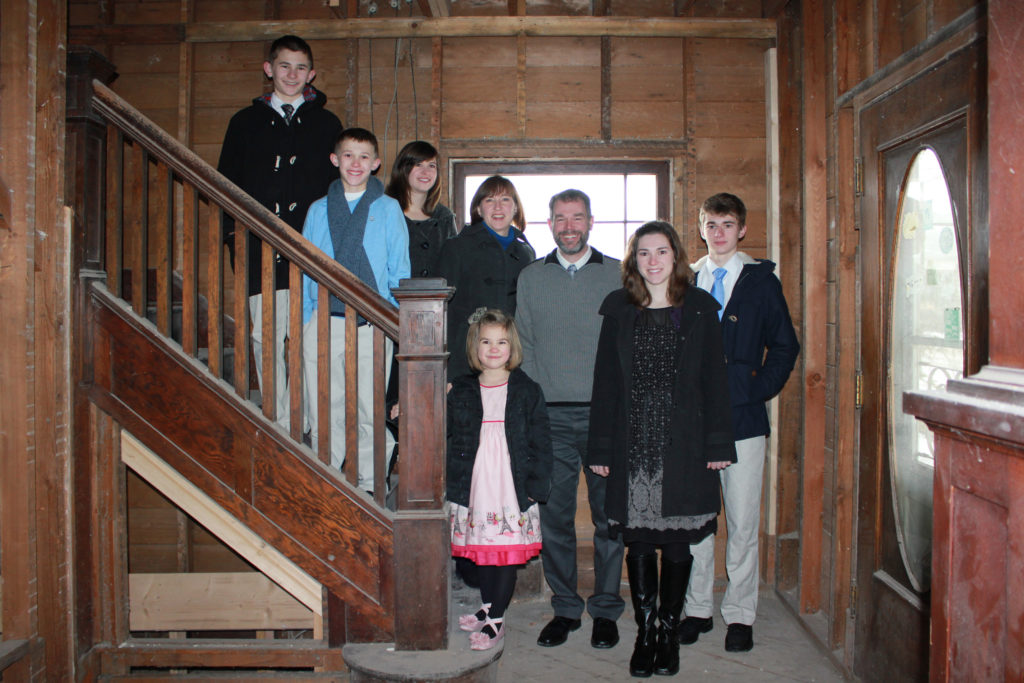
Dr. Jesse Cole ’06 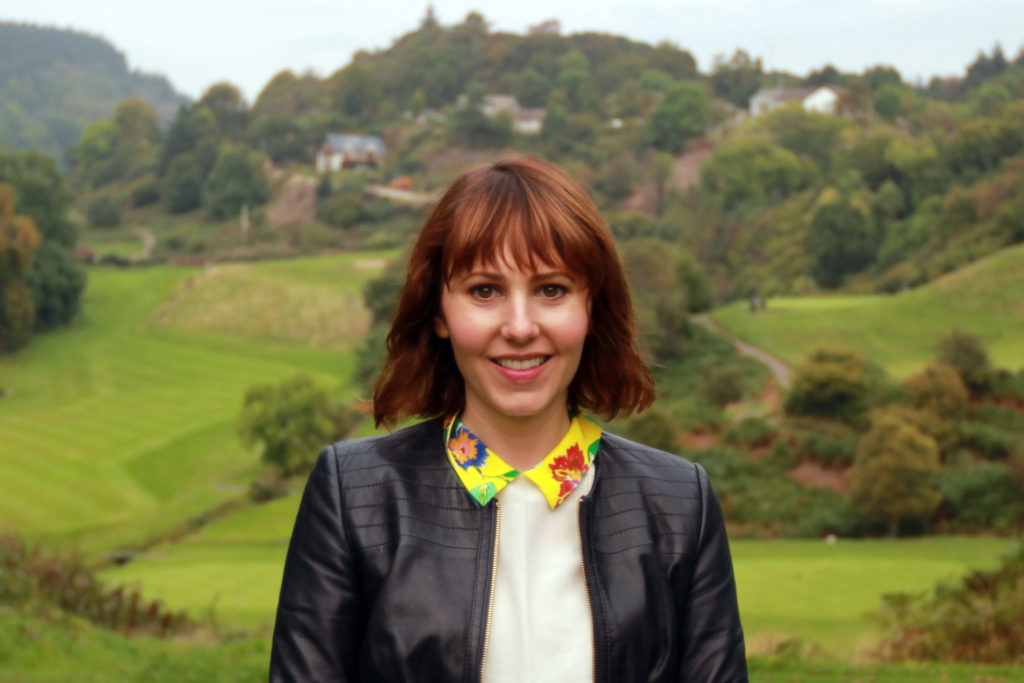
Dr. Heather Ballentine ’10 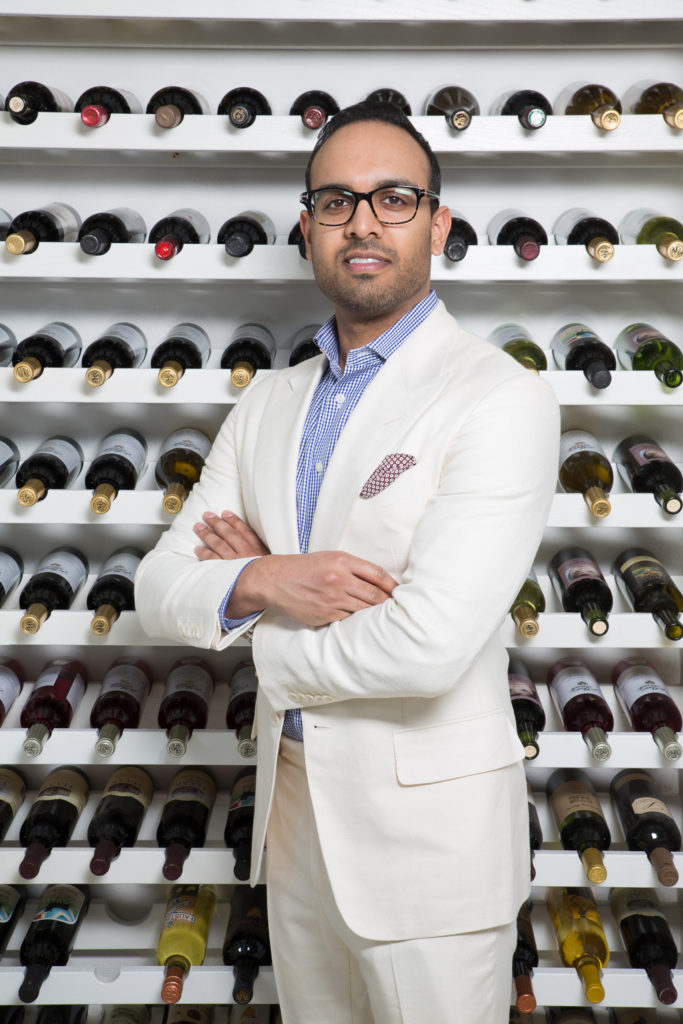
Dr. Akhil Reddy ’08